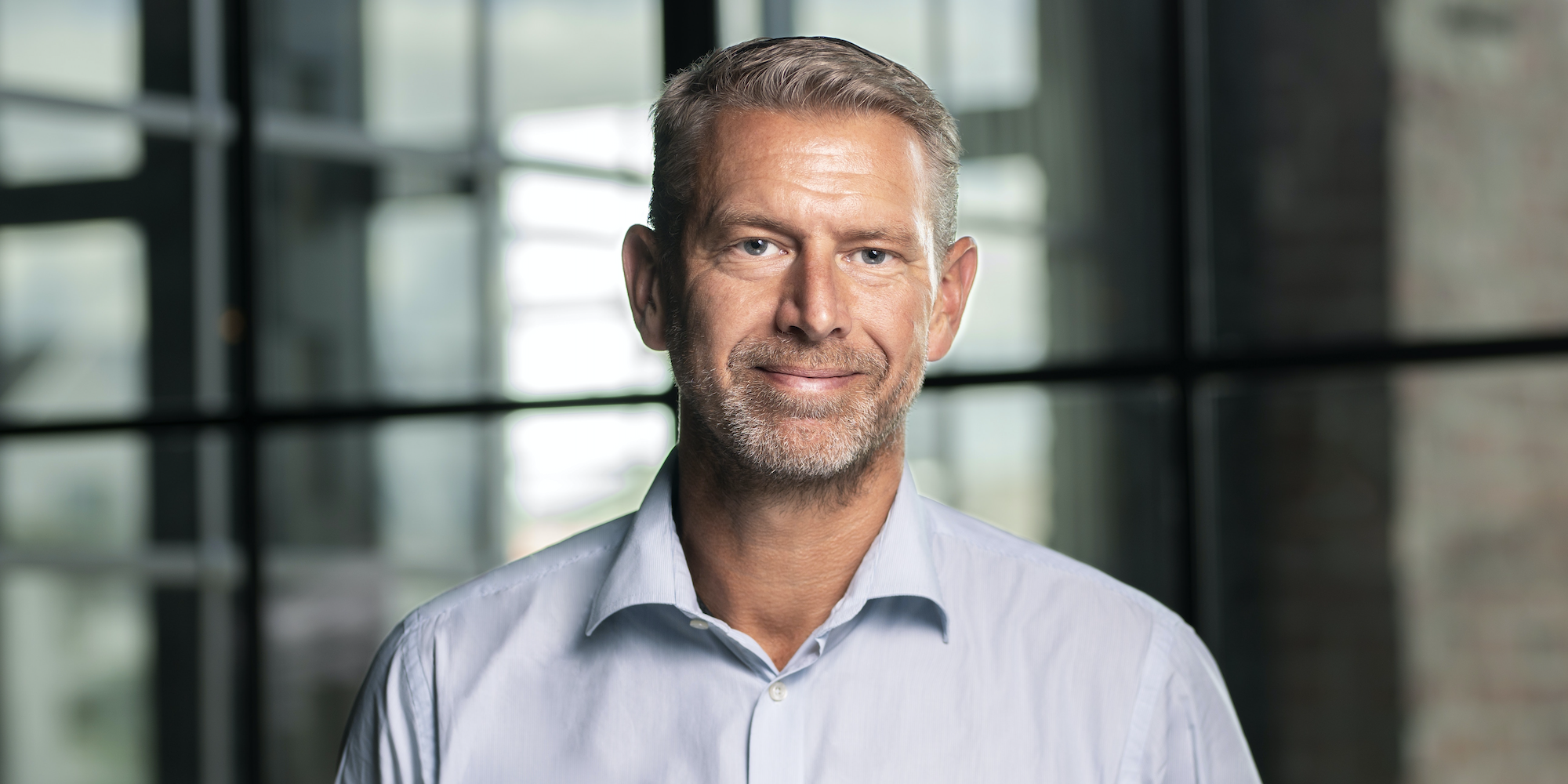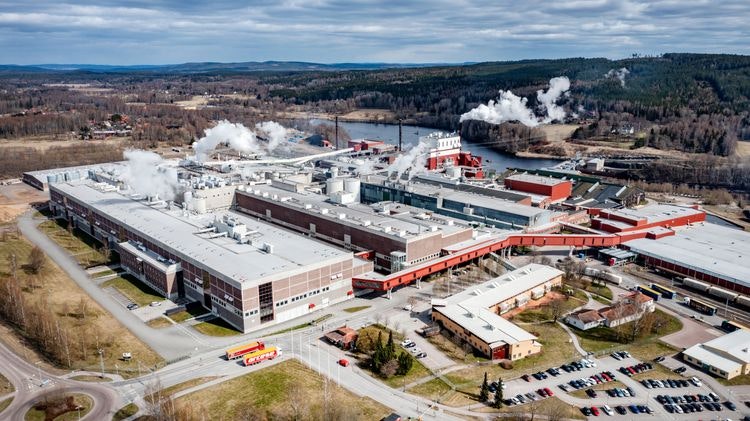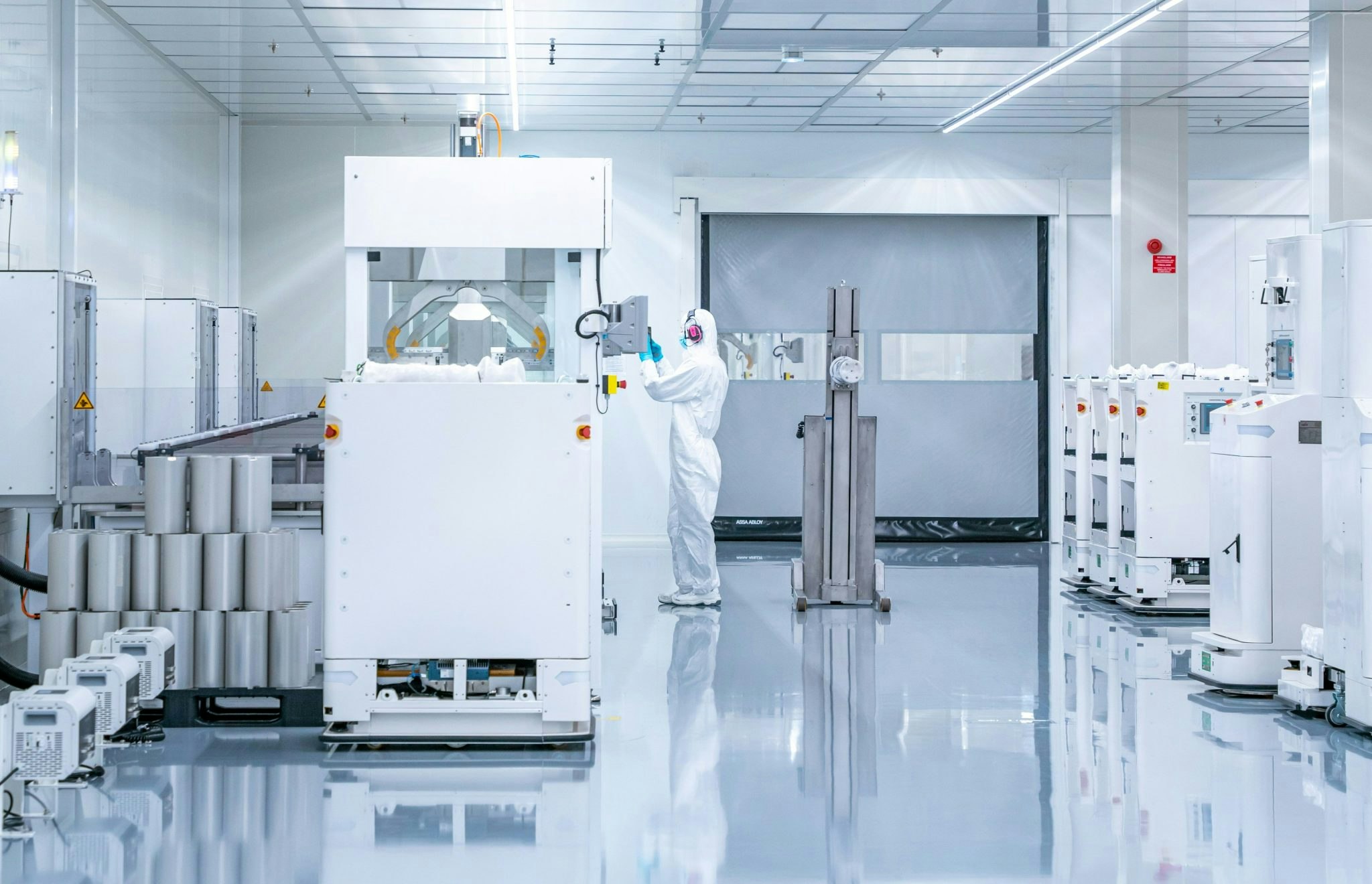Sweden’s Northvolt has long been the jewel in the European climate tech crown. It’s Europe’s best-capitalised battery manufacturer, was one of the first startups to get institutions like BlackRock, Goldman Sachs and Baillie Gifford to open their wallets and back the next generation of green tech.
The company has raised $15bn in total and carries the weight of Europe’s domestic battery hopes on its shoulders.
But it’s coming off the back of a bad week. Shareholder BMW pulled a billion dollar battery order, citing production delays, and Northvolt’s currently reassessing the viability of one of its factories. On top of that, there are concerns over worker safety after a number of deaths at the company's facility in northern Sweden and its most recent losses reached into the billions.
€2bn BMW contract pulled
Northvolt, which makes batteries for electric vehicles and sells them to automotive companies, has one gigafactory up and running in Sweden and three more in the works.
It delivered its first battery cell to a customer in June 2022, but since then delays have left others waiting.
Last week, it was reported that a €2bn contract Northvolt had with German car maker BMW — which is a shareholder in the company — had been cancelled because of production delays. The contract, signed in 2020, was worth around 4% of Northvolt’s order book, which stands at $55bn according to its 2022 annual report. One source from within the industry told Sifted that Northvolt was two years behind schedule on the order when it was cancelled.
“Several factors weighed into the mutual decision,” says Matti Kataja, Northvolt’s communications director. The order was for prismatic cells, used in two current BMW EV models. Both companies hope to keep working together on next-generation cells, Northvolt added.

Instead of working with Northvolt, BMW will now receive its batteries from Samsung SDI, a manufacturer based in South Korea.
“It shows the challenges that Europe faces in catching up with Korean and Chinese battery makers that have been in business for decades and have experience, scale and low costs,” says David Bailey, a professor who teaches industrial strategy at Birmingham Business School.
Northvolt was also late delivering cells to Swedish truck maker Scania, Bloomberg reported. It opened an electric truck factory in Sweden in September last year but had to wait until the start of 2024 before it could begin production owing to the delays. Scania said this month that it now receives 16k-20k cells per week from Northvolt.
Northvolt’s largest order is with Volkswagen, which ordered $14bn worth of cells in 2021, to be delivered across a 10 year period. Sifted asked Northvolt and Volkswagen how many cells should have been produced by mid-2024 and how many had actually been produced, but did not receive comment on the matter from either company.
A factory up in the air
Last week was a particularly tough week for Northvolt. Alongside the cancelled BMW order, Swedish media reported that its plans to open a fourth factory, in Borlänge, Sweden had been abandoned.
The Borlänge site was announced in 2022. Northvolt agreed to buy an old paper mill and transform it into a plant to make active materials for the cathode (part of a battery cell) to be sent to other Northvolt sites for battery manufacturing. Reports said that the land the site sits on will be sold.

Northvolt has since issued a statement saying no final plans have been made, and it is conducting a review of the site.
“The sale of our site in Borlänge has been one of several options under strategic review,” Kataja told Sifted. “Discussions remain ongoing and no decisions have been made.”
The Borlänge site is part of a wider push at Northvolt to vertically integrate its supply chain. It is also planning a lithium refinery in Portugal, which would see it move further downstream in the battery supply chain.
Oversupply?
Northvolt is not the only battery manufacturer to reassess its construction plans. Fellow European upstart Automotive Cells Company (ACC), which counts automotive companies Stellantis and Mercedes-Benz, as well as TotalEnergies subsidiary Saft as shareholders, has halted construction on two of its three planned European gigafactories as it weighs up shifting to battery cells that are cheaper to produce.
Across the last 12 months, global battery manufacturing capacity was higher than demand, which makes competition among gigafactories tighter and will squeeze margins.
Demand for lithium-ion batteries for both EVs and stationary storage came in at around 950 GWh last year, according to BloombergNEF, Bloomberg’s research arm. Global battery manufacturing capacity was more than twice that, at close to 2,600 GWh.
Predictions from BloombergNEF suggest that supply will continue to outweigh demand across the next few years — though not all of the forecast supply will come to fruition. “The slow down in EV take up has also hit demand for batteries,” says Bailey.
In response to questions about the oversupply, Kataja said Northvolt’s order book “remains very strong,” and is well-aligned with its planned production capacity.
“It is important to recognise that individual customers require particular cell products, something which forecasts of global cumulative cell capacity do not properly account for,” he added.
“A dark day” at Northvolt
In 2024 three people who worked at Northvolt Ett, a gigafactory in the Arctic Circle, died. All three passed away at home, rather than at the factory site. Two were Northvolt employees, the third was a contractor.
Kataja described the deaths as “tragic”. He said that the police had conducted an investigation into the first two deaths and found no cause for suspicion or cause to suspect any connection between their deaths and their workplace. After the third person died, the investigation was reopened; a decision Northvolt told Sifted it supports.
Yesterday it was reported that Toyota Material Handling, which sends contractors to Northvolt Ett, had temporarily suspended its employees from working in the factory, pending the police investigation. Sifted understands that the company had three contractors at Northvolt Ett.
The deaths this year come after two people who also worked at Northvolt Ett died in two separate accidents in 2023 on site.

In December, a man died after a crane accident at the site, the company told Sifted, and then an employee who had been injured when an explosive fire broke out at the site in November also died of his injuries, the company said. Local media reported that one man was 60 years old, and the other was 25 years old.
Peter Carlsson, CEO and cofounder of Northvolt, said in a comment to Sifted at the time that it was a “dark day” for the company.
“Measures have been put in place, while support has gone out to family and colleagues. We now gather in grief. The situation is devastating, and we are now working hour by hour to help each other through this,” he added.
The Swedish Work Environment Authority, together with the police and the prosecutor's office responsible for investigating work-related accidents, opened an investigation into the incidents, which Northvolt said has now closed.
An IPO?
Northvolt has to date raised $15bn in debt and equity, including a $5bn loan in January — the largest green loan ever raised in Europe.
At the same time losses for the first three quarters of 2023 increased eightfold from the year before to almost $1.1bn.
“We are investing heavily into building production capacity and our technology platform. This is a capital-intensive industry, but investment is required to establish the manufacturing position we intend to hold,” Kataja said.
“Northvolt was founded with ambitious plans, and challenges remain in the ramp-up of cell manufacturing capacity which is an incredibly tough endeavour,” he added.
In 2022, Northvolt said it envisaged an IPO within the next two years, which would make it this year. Recent reports, however, suggest that the company will push back its listing until 2025, after a challenging IPO market and a series of operational hurdles.
The company’s IPO will be a significant one for the climate tech world, marking the first time a green startup of the current era has opened itself up to the scrutiny of the public markets.



